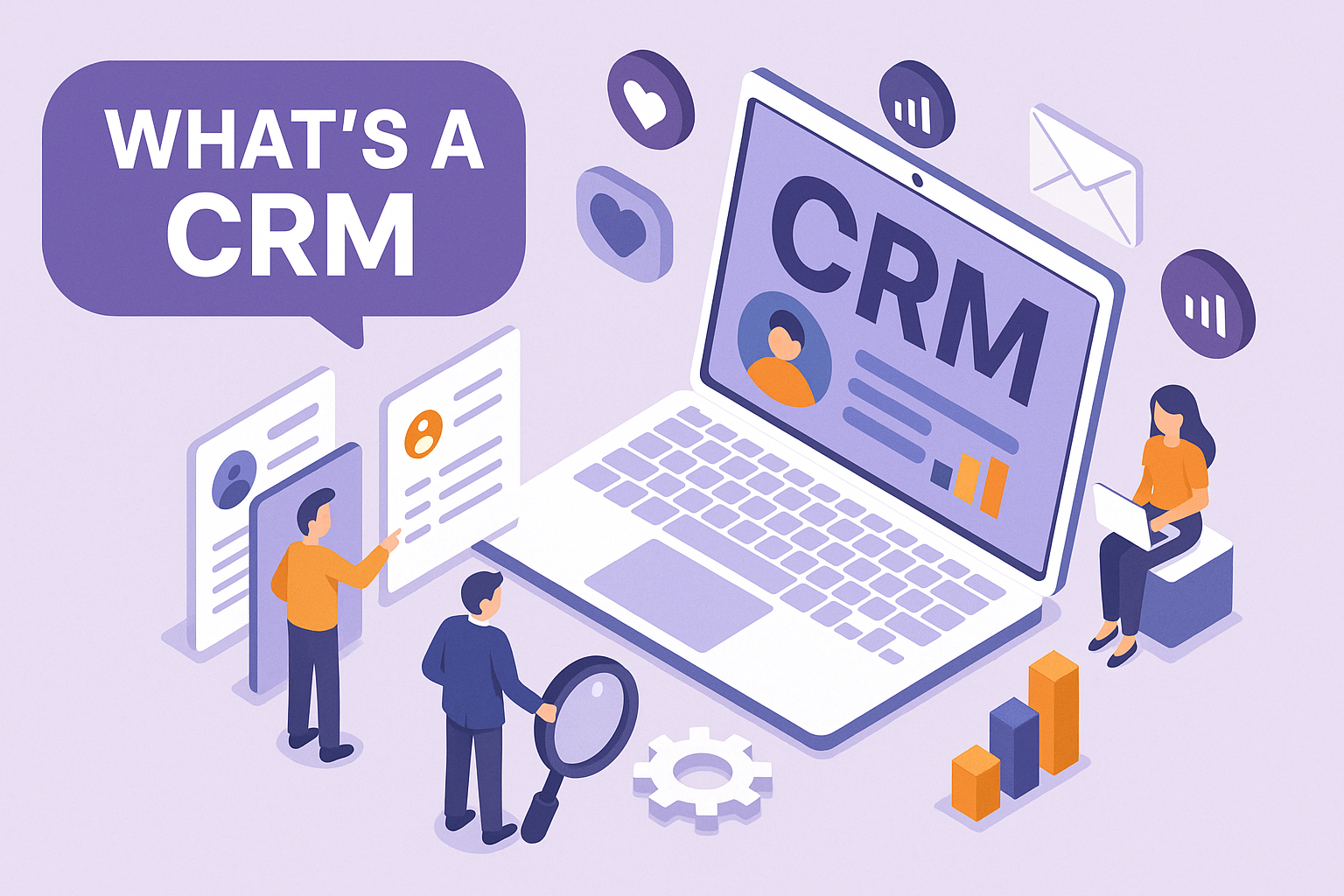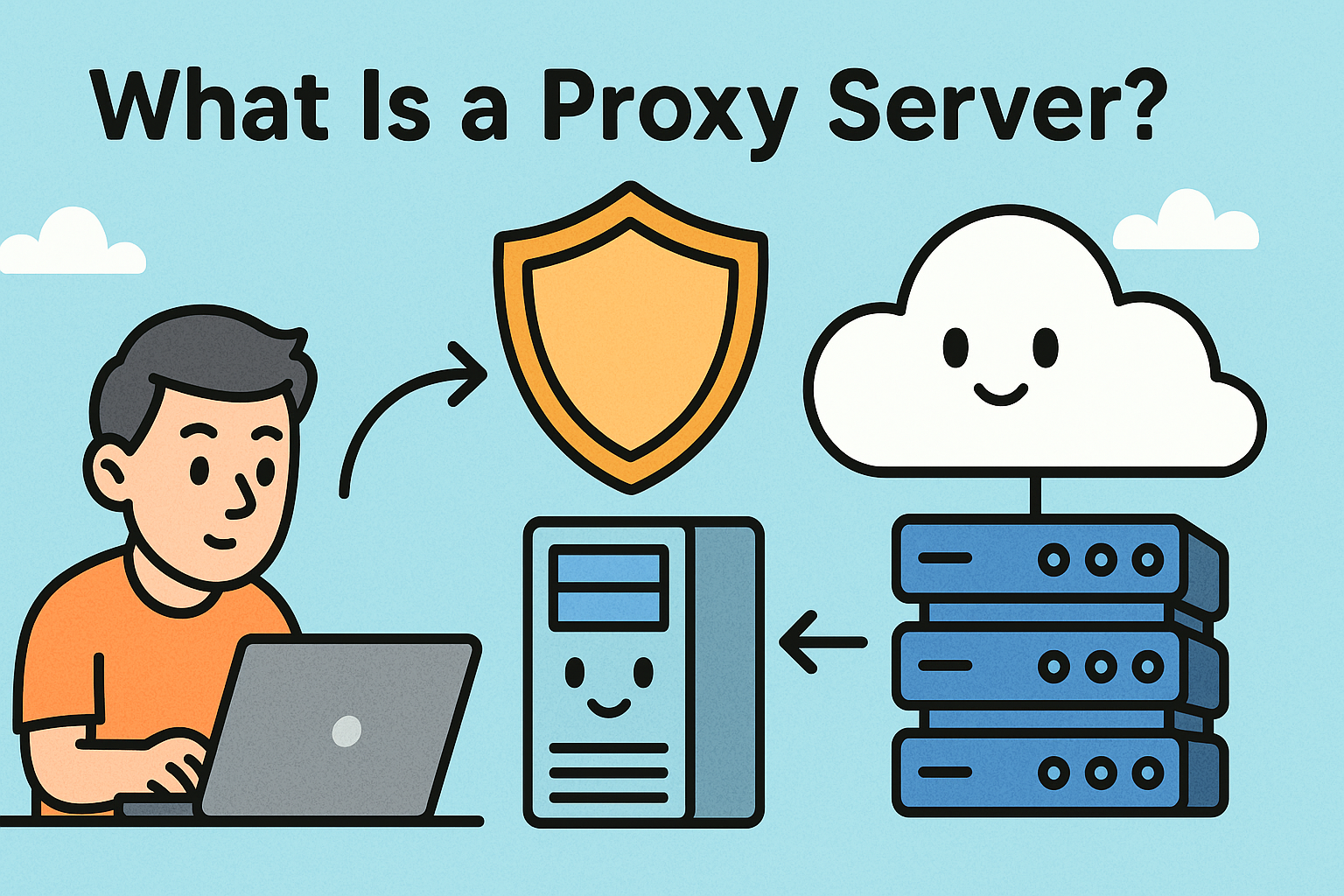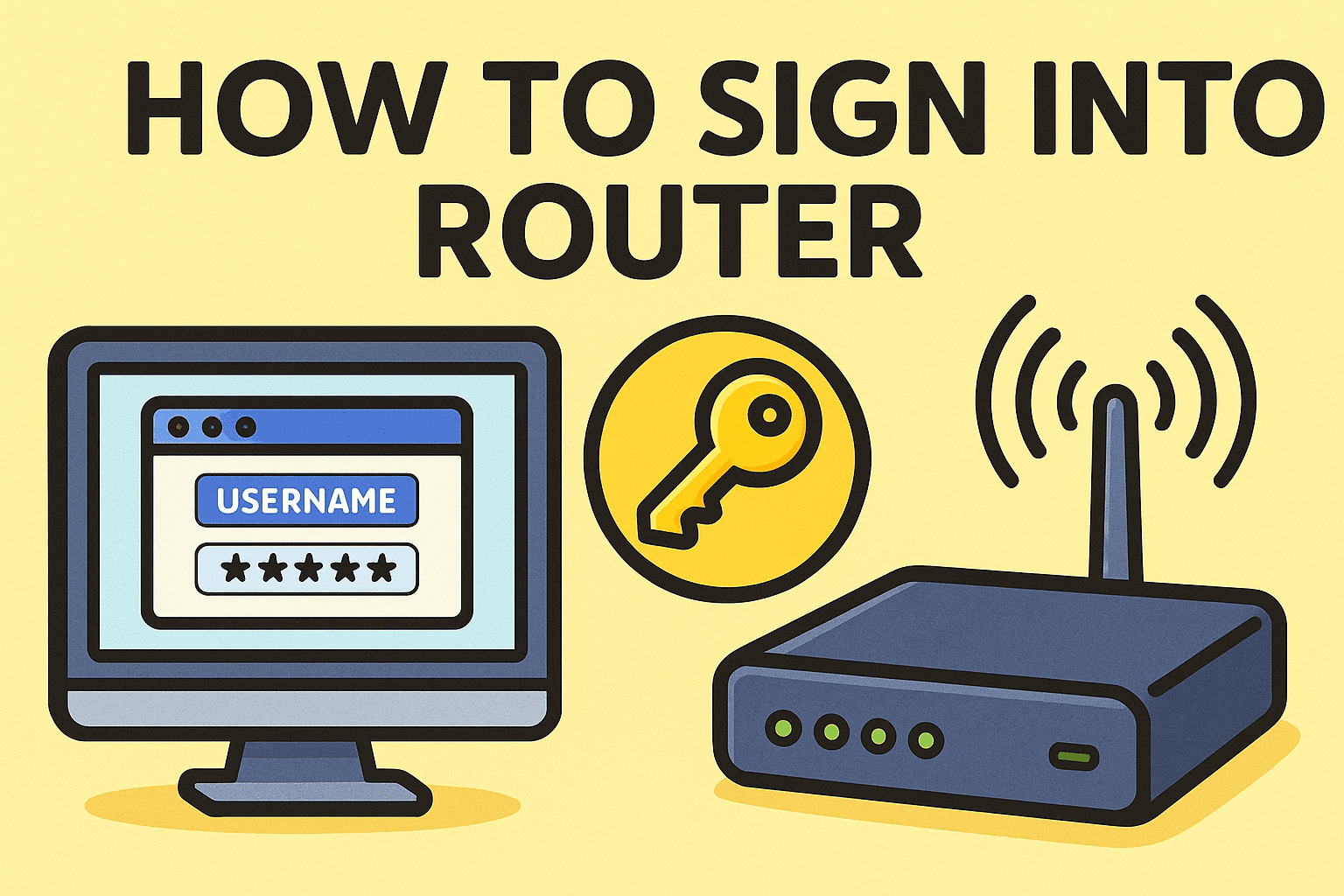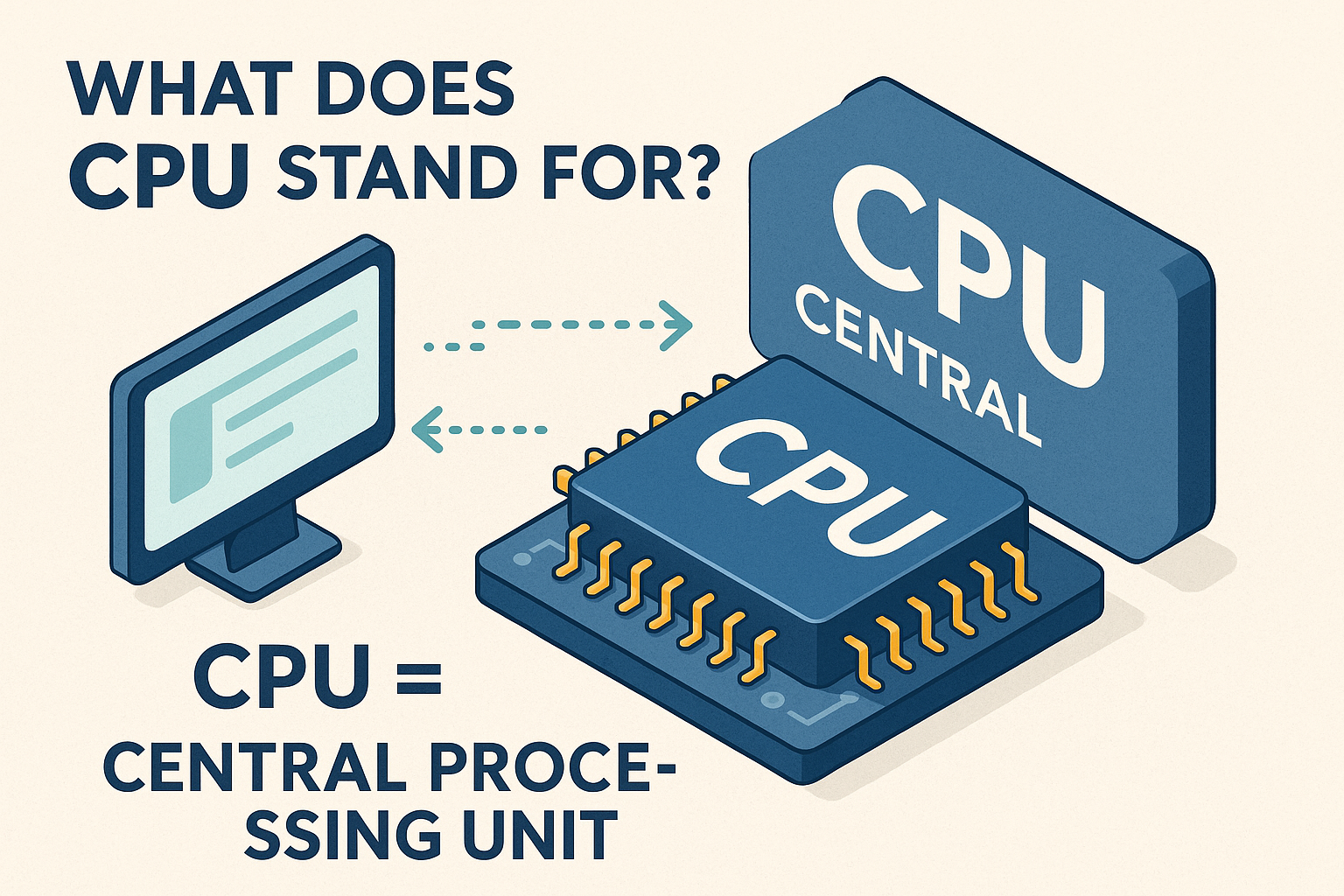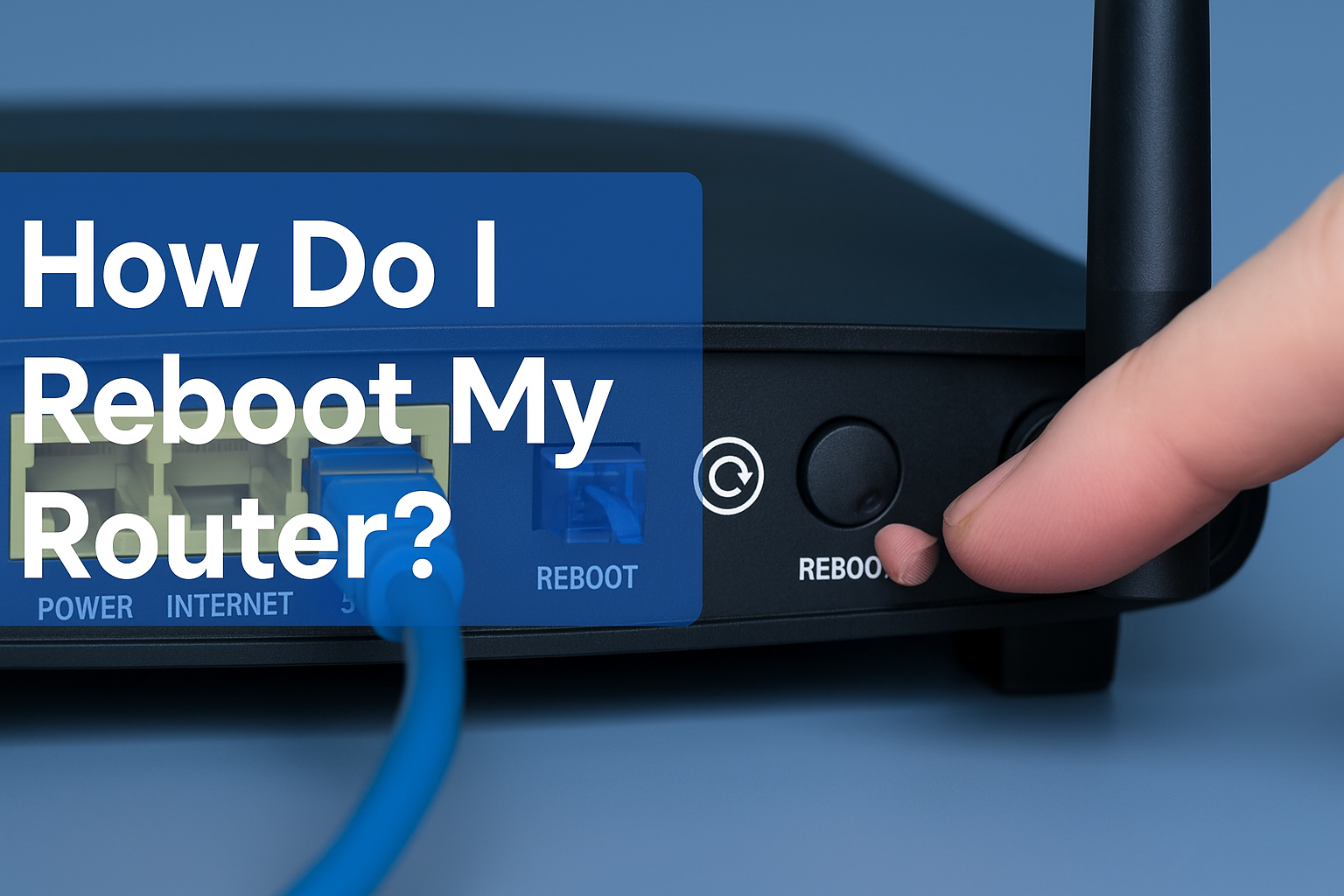What Is an MSP Provider? A Complete Business Guide
Updated on September 25, 2025, by Xcitium
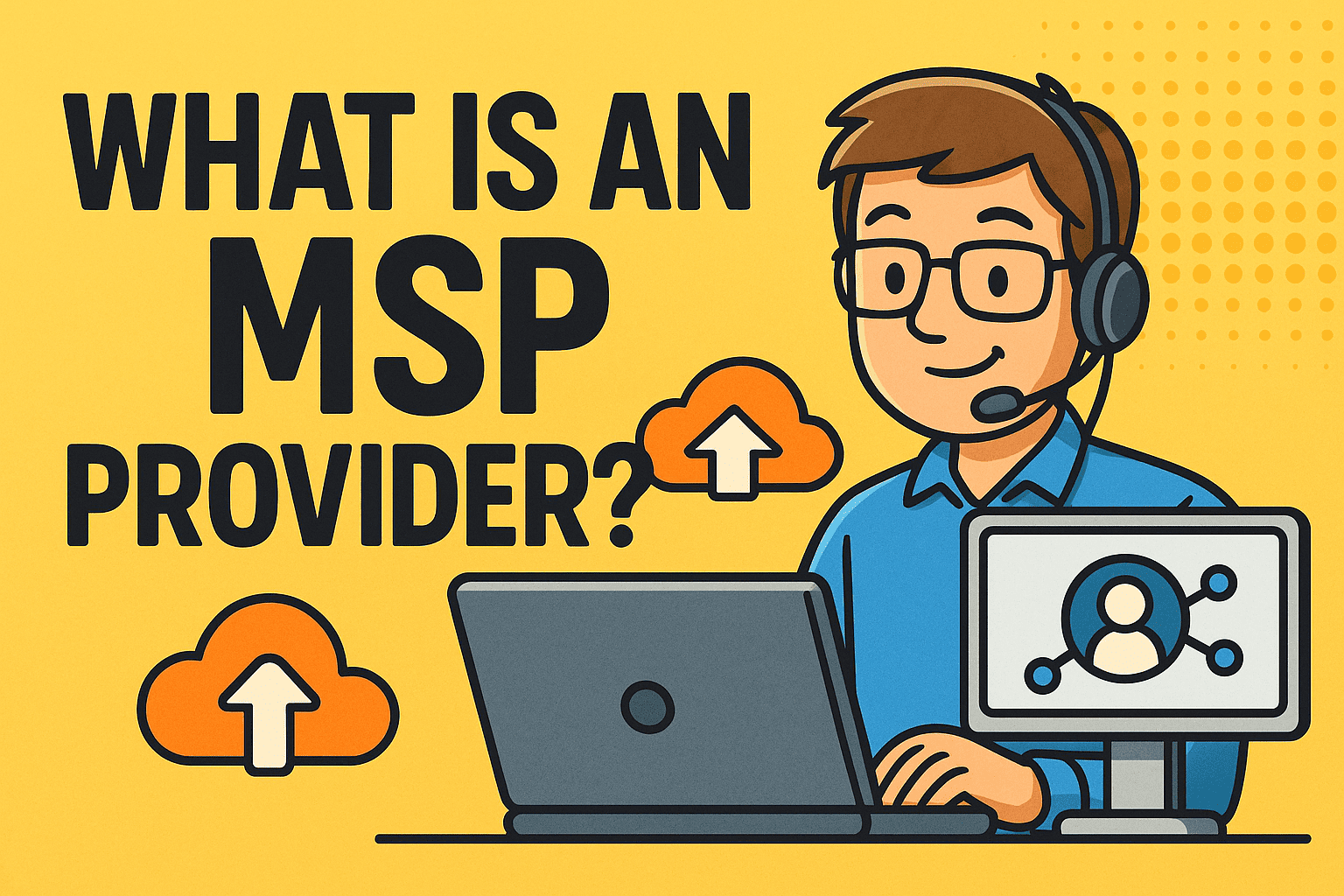
Technology is the backbone of every business today. But managing IT infrastructure, cybersecurity, and ongoing updates can overwhelm even the most experienced teams. This leads many executives to ask: what is an MSP provider, and how can it help my business?
An MSP (Managed Service Provider) is a third-party company that delivers IT services, support, and security to businesses on a subscription or contract basis. Instead of handling everything in-house, organizations rely on MSPs to keep their systems running smoothly, reduce downtime, and strengthen cybersecurity.
In fact, the global MSP market is expected to surpass $350 billion by 2027, showing just how vital these providers have become for companies of all sizes.
What Is an MSP Provider?
At its core, an MSP provider is an outsourced IT partner that manages a business’s technology needs. Services can range from basic help desk support to advanced cybersecurity, cloud management, and compliance monitoring.
Key services offered by MSPs include:
-
Network monitoring and management
-
Cloud hosting and migration
-
Data backup and disaster recovery
-
Cybersecurity services and compliance
-
Help desk and user support
👉 In simple terms: An MSP provider is like having a full IT department on-demand, without the cost of maintaining one internally.
How Does an MSP Provider Work?
Understanding what is an MSP provider requires looking at how they deliver services:
-
Assessment & Onboarding – MSPs evaluate existing systems and create a plan tailored to business needs.
-
Remote Monitoring & Management (RMM) – They use tools to monitor networks, servers, and endpoints 24/7.
-
Proactive Support – Instead of waiting for problems, MSPs address issues before they escalate.
-
Scalable Service – Businesses can add or remove services as they grow.
-
Reporting & Compliance – MSPs provide regular updates, audits, and compliance reporting.
Example: A healthcare provider might use an MSP to ensure HIPAA compliance, secure patient data, and maintain uptime across electronic health records (EHR) systems.
MSP vs Traditional IT Support
| Feature | MSP Provider | Traditional IT Support |
|---|---|---|
| Pricing Model | Subscription-based (predictable costs) | Break-fix (pay per issue) |
| Approach | Proactive monitoring and management | Reactive, fixes after problems |
| Scalability | Highly scalable | Limited by in-house resources |
| Coverage | 24/7 support options | Business hours only |
| Security | Advanced cybersecurity tools | Basic security support |
👉 Verdict: MSPs provide predictable, proactive, and scalable IT support, unlike traditional break-fix models.
Benefits of Using an MSP Provider
For CEOs and IT managers, the advantages of MSP providers are significant:
-
Cost Savings – Avoid the expense of building an internal IT team.
-
24/7 Monitoring – Round-the-clock protection against downtime and cyberattacks.
-
Expertise on Demand – Access to specialists across cloud, networking, and security.
-
Enhanced Security – MSPs use advanced tools like EDR (Endpoint Detection & Response).
-
Scalability – Services grow with your business.
-
Compliance Assurance – Stay aligned with industry regulations (HIPAA, PCI DSS, GDPR).
Challenges of Working with an MSP
While MSPs are powerful, they’re not without challenges:
-
Vendor Dependence – Businesses rely heavily on the provider.
-
Variable Quality – Not all MSPs offer the same expertise.
-
Data Security Concerns – Entrusting third parties with sensitive data requires strong contracts.
-
Hidden Costs – Some providers charge extra for “out-of-scope” services.
👉 Solution: Carefully vet MSP providers, define service-level agreements (SLAs), and pair MSP services with internal oversight.
Types of MSP Providers
Not all MSPs are the same. Here are the main types businesses encounter:
-
Pure-Play MSPs – Focus mainly on network and infrastructure monitoring.
-
Value-Added MSPs – Provide additional services like cybersecurity and compliance.
-
Cloud MSPs – Specialize in cloud hosting, SaaS, and hybrid infrastructure.
-
Managed Security Service Providers (MSSPs) – Focus primarily on advanced security solutions.
MSPs and Cybersecurity
Cybersecurity is one of the biggest drivers behind MSP adoption. Businesses are turning to MSPs for:
-
Endpoint security and monitoring
-
Threat detection and incident response
-
Data encryption and access controls
-
Security awareness training for employees
-
Compliance with standards like ISO 27001, GDPR, HIPAA
👉 For example, an MSP might deploy OpenEDR to monitor endpoints in real time, ensuring rapid response to cyber threats.
Choosing the Right MSP Provider
When deciding what is an MSP provider that fits your business, consider these factors:
-
✅ Industry Expertise – Healthcare, finance, retail, etc.
-
✅ Scalability – Ability to grow with your business.
-
✅ Security Capabilities – Look for EDR, Zero Trust, and advanced monitoring.
-
✅ Proven SLAs – Ensure clear guarantees on uptime and response times.
-
✅ Transparent Pricing – Avoid hidden fees and “scope creep.”
Best Practices for MSP Partnerships
To maximize value:
-
Define clear roles between your internal team and the MSP.
-
Review reports and metrics regularly.
-
Keep communication lines open.
-
Use MSP services as part of a layered security strategy.
-
Continuously evaluate ROI.
FAQs: What Is an MSP Provider?
1. Is an MSP the same as an MSSP?
No. MSPs cover general IT services, while MSSPs specialize exclusively in cybersecurity.
2. Do small businesses need MSP providers?
Yes. MSPs are cost-effective solutions for SMBs without large IT departments.
3. Can MSPs guarantee compliance?
They help manage compliance, but ultimate responsibility remains with the business.
4. How do MSPs improve security?
By offering tools like 24/7 monitoring, EDR, and threat intelligence.
5. Are MSPs expensive?
MSPs are often cheaper than hiring a full in-house IT team, thanks to predictable subscription pricing.
Conclusion: MSP Providers as Business Enablers
So, what is an MSP provider? It’s a strategic IT partner that manages and secures business technology, ensuring uptime, scalability, and compliance. For IT managers and CEOs, MSPs offer a way to strengthen cybersecurity while reducing costs and complexity.
However, MSPs should not replace a multi-layered defense strategy. Combining their services with internal policies and advanced tools like EDR solutions ensures maximum protection.
👉 Ready to enhance your IT and cybersecurity strategy? Request a Demo Today







